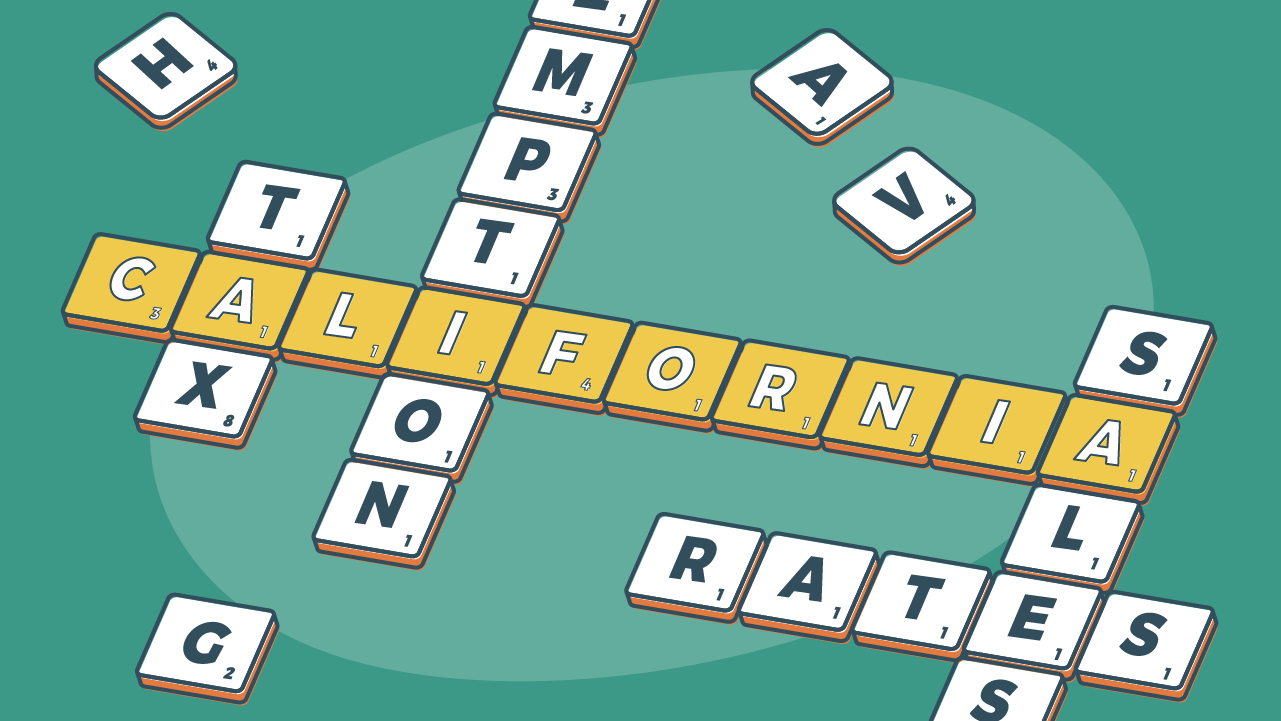During these difficult times, with politicians scrambling for answers to the economic woes brought on by the pandemic, expect to hear about temporary solutions to address problems often in the form of a tax increase. If history teaches anything, temporary government solutions often become permanent.
We already have one temporary tax proposed, AB 398, “The COVID-19 Local Government and School Recovery and Relief Act,” to deal with the budget shortfalls. Assemblyman Kansen Chu has proposed a $275 per employee tax on businesses with more than 500 employees. The tax is supposed to run for five years.
There is plenty wrong with this proposal especially with businesses struggling to survive an economic collapse. If nothing else, it is sure to cost jobs when businesses attempt to get under the 500-employee standard. But, does anyone think if this tax is implemented it would go away in five years?
The classic example of a temporary tax outliving its original purpose is the telephone tax levied to fund the Spanish American War. The tax, a 3 percent federal excise tax on long-distance calls was aimed at wealthy Americans who at the end of the 19th Century were the only people who could afford telephones and long-distance calls. The Spanish America War lasted a little more than three months in 1898. The tax ended in 2006.
The idea of temporary taxes to solve a fiscal crisis has a recent history in California. That was the message behind Proposition 30 on the November 2012 ballot. Officially titled “Temporary Taxes to Fund Education,” the measure had the fervent support of Governor Jerry Brown who argued the taxes were needed to dig out of the budget hole created by the Great Recession.
The biggest piece of the tax increase on high-end incomes was scheduled to end in 2018. But along came Proposition 55 in 2016 to extend the “temporary tax” another 12 years. Gov. Brown, who emphasized the temporary status of the original tax measure, was nowhere to be found during the debate on Proposition 55. He took a neutral position, although most observers believed he silently rooted for it passing. Meanwhile, the measure passed and, prior to the pandemic, piled up billions of surplus dollars. Yet, the temporary tax was still in effect.
Will the income tax increase disappear in 2030 as scheduled? Don’t bet on it.
To be fair, let’s note that there was a temporary tax plan on the books in California that never came to be. During Governor George Deukmejian’s first term, a compromise bill established a sales tax trigger if the budget did not recover by a certain date. The recovery occurred and the trigger was never pulled.
Other temporary tax plans are being considered in the legislature in face of the coronavirus pandemic. Expect a few to be introduced. Before any are embraced, voters should remember how temporary taxes usually work out.


